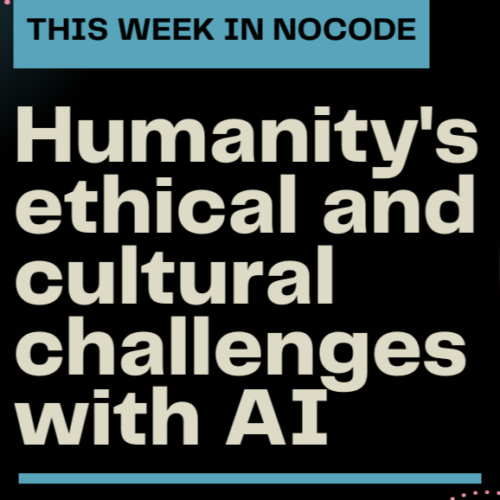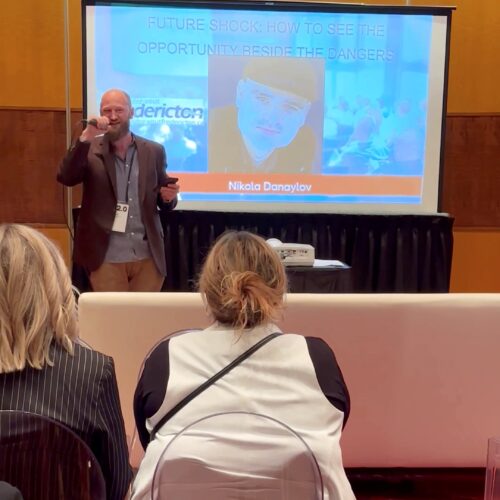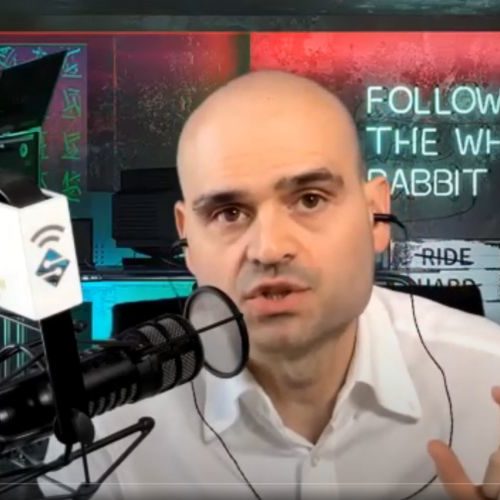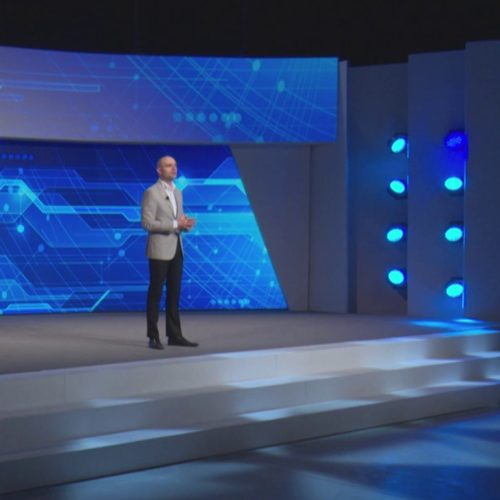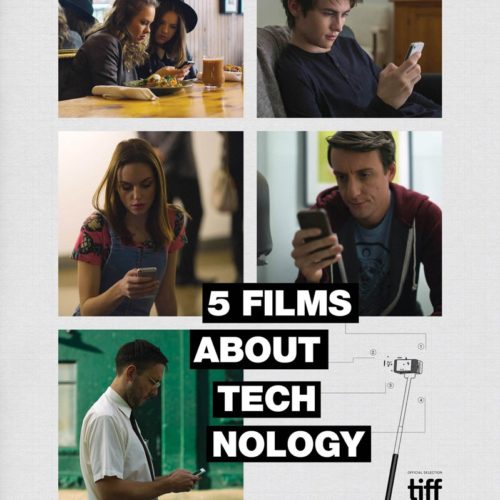What is the Future of Education?
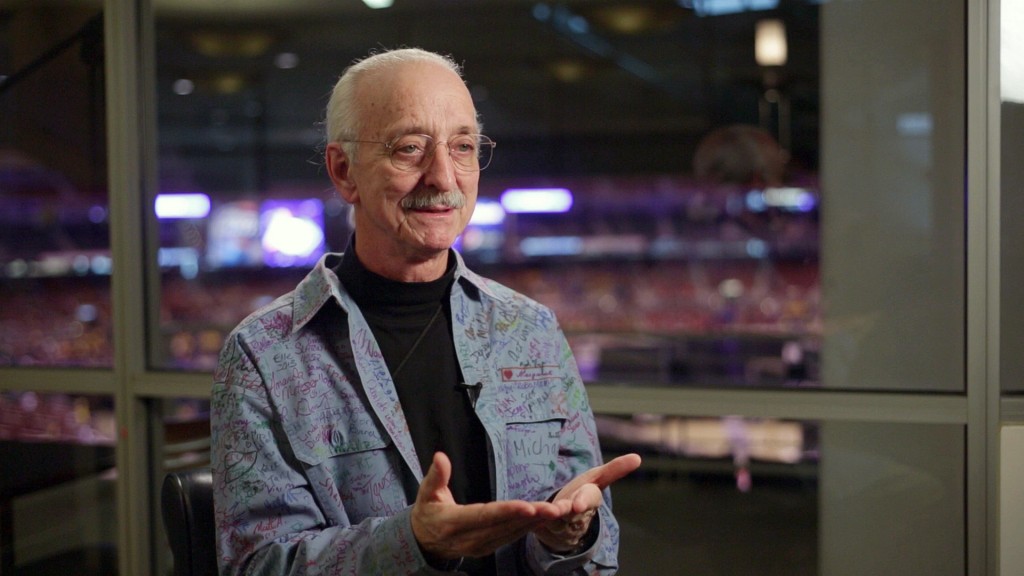 With current heated discourse over Common Core Standards, America has taken a closer look at the way we approach teaching and what the long-term effects are for students and our country. Are the SAT’s, ELA’s and MRE’s really a plausible way to determine the intelligence and aptitude of a person? Our education system’s main focus on testing and scores doesn’t provide room for real world application and isn’t designed to identify creative thinkers. We are essentially training our youth to become good at regurgitating information instead of pushing for innovation.
With current heated discourse over Common Core Standards, America has taken a closer look at the way we approach teaching and what the long-term effects are for students and our country. Are the SAT’s, ELA’s and MRE’s really a plausible way to determine the intelligence and aptitude of a person? Our education system’s main focus on testing and scores doesn’t provide room for real world application and isn’t designed to identify creative thinkers. We are essentially training our youth to become good at regurgitating information instead of pushing for innovation.
Under the status quo, education is a commodity. The consumerization of education pushes kids to view the process of learning as little more than a ticket to an affluent life; a degree in biology should be about a passion for knowledge rather than job in biotech. The current system teaches kids that if you follow an approved path, you will make a lot of money, which in turn, is what will make you happy. This shortsightedness ignores the fundamental reason for education: to satisfy the human needs to be curious and to explore. When kids are not allowed to embrace curiosity and follow their passions in a learning style that is uniquely their own, education resembles an assembly line of toys- all crafted in the same exact way.
In the videos below, MIT Professor Emeritus and FIRST Robotics Mentor, Woodie Flowers tackles America’s need to break from our antiquated, industrial age education system and outlines ways to bring education into the present technological age. He makes the point that in our current flawed system, “600,000 college freshman take calculus every year, 250,000 fail.” 250,000 equals a failure rate of 42%, an absurdly high figure. Each failure is worth approximately 2,000 dollars—making it a half a billion-dollar loss every year. But each student’s loss is the current system’s gain as it cashes in on its own flaws and dated standards. Education institutions keep class sizes larger and kids enrolled longer through these failures. Standardized testing keeps the competition simplistically fierce and universities capitalize on this very steady flow of income.
Better education opportunities should not be reserved for only the wealthiest segment of the population who can afford to throw away $2,000 on memorizing equations. Woodie Flowers himself best illustrates this point. Having grown up in a small Louisiana town in a family he describes as “literally dirt poor,” college without a scholarship wasn’t an option. A determined self-starter, Woodie found a way to use his “crooked left arm” to obtain a rehabilitation scholarship. However, for children in underserved communities, higher education opportunities are few and far between.
Flowers provides an answer to this educational epidemic by utilizing the booming technological era we’re in today. He explains that now is the time for us to work towards producing high-quality, well-produced, modular, feedback-equipped, digital learning systems. So that each day the product will get better based off of data collected. For example, through these digital learning systems, textbooks could potentially grow in quality in a compound way that improve based off of user experience. For the first time in human history, we would have continuous growth in the quality of that stock. Big data can be applied to pedagogy and education can focus on utilizing human-to-human interaction as well as quality of coaching and expertise.
If our education system focused on creative problem solving, our youth’s outlook on life would more resemble Woodie’s, who sees every dilemma as an opportunity. During his teen years, he came across the age-old issue of not having a car to use for dates. While many teenagers would complain about all the unfairness in the world— Woodie came up with a solution that would set the tone for the rest of his life and today influences how he teaches his students. He took a beat up old sedan and made a hot rod roadster out of it. He described the vehicle as a dating machine; it was the fastest and most dangerous car in town.
Woodie points out, through his story, that America’s education system is forgetting the power of sheer grit, a defining quality for success and a key factor in attaining the “American Dream.” Rising up from the bottom to the top, takes much more than scoring well on a test- it takes resilience and the ability to think outside the box. America is hailed for promoting diversity and offering a home for the world’s dreamers, yet our current educational system begs the question, if we embrace diversity so much as a nation, why do we expect students to learn in a single minded way?
Dr. Woodie Flowers: What is the Future of Education?
Liberal education for the 21st century: Woodie Flowers at TEDxPiscataquaRiver
About the Author:
 Johnny Boston is a filmmaker and creative director who grew up in Europe and is now living on the East Coast. Johnny is currently working on film inspired by his friend, futurist FM-2030.
Johnny Boston is a filmmaker and creative director who grew up in Europe and is now living on the East Coast. Johnny is currently working on film inspired by his friend, futurist FM-2030.

